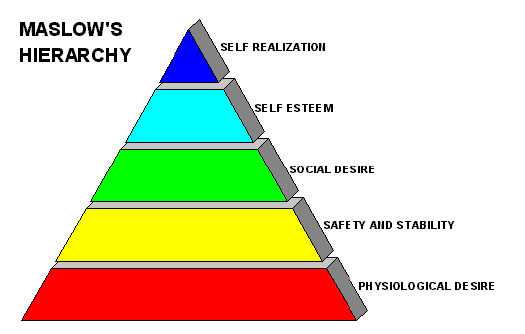One of my former dorm room entrepreneurs, Andy Tabar, sent me a story from CNN.com about the growing trend of students starting businesses on campus:
While the founders of Google built success in their garages,
these college students found it in their dorms. In addition to their course
work, studying for midterms and balancing extracurricular activities, they wrote
business proposals and figured out financing.
We are working with dozens of student entrepreneurs, operating out of their dorms and apartments. We also give them some resources on campus to help create a runway for their ventures. Below is a picture one of two hatcheries where our student entrepreneurs work on launching their businesses and forging a path into their post-college careers that is part of a system of co-curricular programs we have created to support our student entrepreneurs (click here for more detail).



